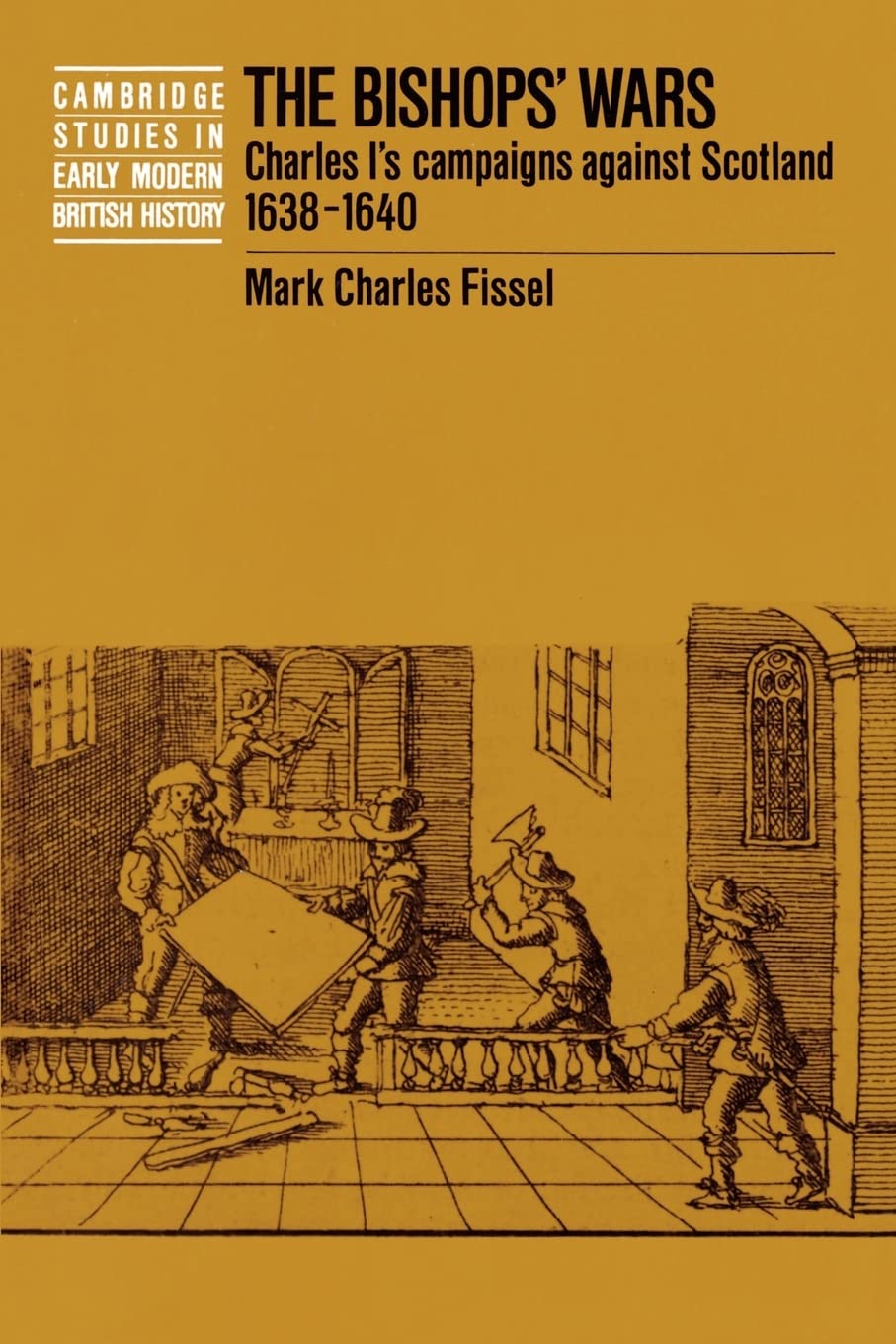

Full description not available
C**Y
Wide Ranging History Of Two Short Caroline Wars That Led To Civil War
In 1639 and 1640 occurred the two Bishops Wars between Charles I (England, Scotland and Ireland) and the Scots Covenanters. Charles wanted religious consistency across his three kingdoms and that meant bishops in Scotland. The Kirk, however, ordered matters differently and had no intention of interrupting what it saw as its system based on early Church methods. Charles, a man given to doing before thinking had wrecked his own party in Scotland and now decided to use his other Kingdoms to teach the Scots a lesson. The precise details of the campaigns, which were short indeed, is given at the beginning of the book. The First War ending in the usual Caroline fudge and the Second in the occupation of the North of England.How this seemingly odd result could occur (Scotland being a much small state) is the area where administrative and logistical history nestle beneath military history. Early modern states were often governed by a dozen or so men, with untrained but skilled staffs of clients, and their "officers" in the country. A method which French or English Kings of the Middle Ages would have grasped, except that the English Church (an efficient method for funding in medieval times) had suffered under Henry VIII. The king dreamt up his schemes (including some very interesting amphibious flanking movements), agreed them with his Council (who seem either enthusiastic or studiously deferential in discussions) and despatched orders to Treasury officials, local Lord Lieutenants, various nobles, garrison commanders and fleet officers. There would be a need to buy and transport weapons and stores at the right place and time, and of course to have cash pay available for soldiers at the right places and dates. This would have been a major feat under the Republic but Charles lacked two things beyond experience: money and the support of his people. He had to cobble together cash sources, or check the ordinances for feudal rights, or (in his favoured way) take a shot at it and hope it worked. This arose because of his avoidance of Parliaments which had a saucy tone to his Divine Right. The English of the time disliked foreigners as much as the next man and might have stood behind the King if (say) France was threatening but they were not entirely persuaded that Scotland meant to invade or that England and Scotland (fellow Protestants) should be at war, but more importantly they feared if the King won he might use the forces for which they had paid to threaten his English subjects liberties. Charles had avoided calling Parliaments for some time, and the one he called between the two Wars did not go well.So muddle, lack of funds, suspicions on the English "side" plus all the difficulties that occurred in running armies (including actually getting people to fight as you directed rather than riot against their internal enemies): what could possibly go wrong?And yet, a couple of years later when Charles once again took arms against his subjects both sides had reconfigured allegiances and learned their trade to the extent that they warred until 1646 (with once again the assistance of the Scots). As administrative history I cannot speak more highly of this book and of its links into the politics and religious views of the period, and of the ways of fighting wars.
Trustpilot
3 days ago
4 days ago